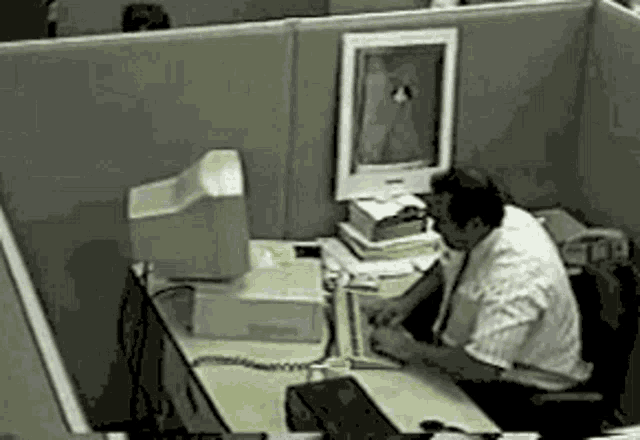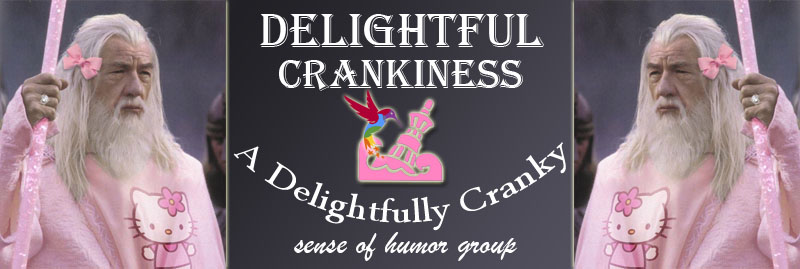A.I. Technologies, Labor & Employment, Quiet Quitting & The Great Resignation.
We do live in a society where you are valued on what you produce, how much you deliver, what you do, and where you live, more so than who you are. The same push to be productive can turn out to become counter-productive. This is because we start to push people into exhaustion and burn out by making them feel like they always need to be doing something constructive. And yet, there is still also a massive polarisation between millions who feel overworked and other millions who suffer enforced idleness. An idleness that cannot be enjoyed because of shortage of money.
Hard work is generally seen as virtuous. And those who work hard as morally praiseworthy. Conversely, idleness is seen as a vice and the idle as deserving of blame. However, what if it isn’t the case? What if idleness is praiseworthy?
When work is good, it can be really good. When you’re interested in something and good at it, a task can completely absorb you and deliver hours of productive bliss and a satisfied fatigue.
But when work is bad, it can be soul-crushing. And that’s a best-case scenario. Even if your job doesn’t require heavy physical labor, it’s likely to be mentally exhausting. Your job might leave you so drained at the end of the day that all you can do is zone out in front of a screen until you fall asleep.

Bertrand Russell argues there are three types of work. First, there is the work of altering the position of matter at or near the earth’s surface relatively to other such matter. This type of work is labor proper. The second type of work consists in telling other people to do the first kind of work. In other words, management. The third type of work is advising those who do the second kind of work on how to do it. In other words, consulting.
Whereas the first type of work is generally dirty, unpleasant and poorly paid. The second and third types of work are generally well paid and not generally unpleasant. Unless, that is, one dislikes being in charge and issuing orders.
This raises the question that if so much of the work that gets done is unpleasant, how come we do so much of it? How did the counterintuitive idea that work is virtuous become so prevalent?
The answer might seem obvious. Work is society’s way of distributing wealth. Through work, people have access to the things we need, like food and shelter.
But it’s far more insidious than that. Our identities, status, and access to community are all tied to our jobs. The gradual rollback of social services in the late twentieth century means that even critical needs like health care or retirement are tied to employment. We may resign ourselves to the fact that work has always been this way, but history proves otherwise.
In past traditional or pre-industrial societies, the priority was free time, not financial accumulation. When a worker was offered a pay raise, he was excited by the opportunity to do less work for the same amount of money, calculated specifically to meet his cost of living.
Today, people are excited about raises because it means they can do the same amount of work for more money. Nowadays, we work in order to enjoy our money, not our time. And the more we enjoy it, in the form of consumption and consumerism, the more we need to work.
This is not how thinkers of the nineteenth and early twentieth centuries envisioned the future, either. Many of them believed that technology would lead to massive leaps in productivity, freeing the worker from the drudgery of labor. And many predicted around 1930 that by 2030 the average person would work only 15 hours per week.
Instead, today’s high-ranking workers clock in even more hours at their desks, while many lower-ranking workers struggle to get by with low-pay, insecure jobs, or no jobs at all. And hence for many, work is no longer a reliable source of income, rights, or belonging. Therefore, it’s time, then, for a reevaluation or a re-evolution.
Since the desire for greater consumption and income is not necessarily universal. Given that there are people who nowadays are opting to work less and live more. Some might take some intensive work only for long enough as to save up some money and then spend it going traveling. While others might choose to only work part time to pursue hobbies and other pursuits such as writing, or making art. Therefore what they all have had in common has been their willingness to forgo income for increased leisure as a way to enjoy life at the max.
And then after the COVID pandemic in 2020 along with new advances in artificial intelligence technologies, suddenly people woke up and a record numbers of people have been quitting their jobs in mass reaching a climax during 2021. What gave way to the first cultural phenomenon of what has been termed The Great Resignation and the today more prevalent Quiet Quitting trend we can see these days.
Since quiet quitting same like the great resignation, I believe has been a way of re-evaluating one’s relationship to work. And it is indeed motivated by avoiding burnout and seeking jobs that work more in tune with people’s desire for increased work-life balance. Instead of seeing work as the only source of self-worth available to us. And consequently over-investing in it. And then, Quiet Quitting seems like a way of seeing it as a means of supporting what is truly valuable for us: leisure time.
¿Reevaluation or Re-evolution?
«««-$-»»»
"Follows, Comments, Rehives & Upvotes will be highly appreciated"

Very true…
For me, it’s like I have to fight through any situation to get what I want,
Lmao time is not really money anymore, it’s more like, money is time, except that you can’t buy time, hmmmn, which means people value things money can buy more than things that money cannot buy, isn’t that crazy.
This is evident among the life of many people we know, and so the vicious cycle continues, always wanting to get more….but it’s been so for a long time, I don’t blame those who think that it’s the only way.
Isn't it?
Exactly! and perhaps what we want or wanted, has been forcibly injected into our brains without us knowing it.
According to my experience, completely crazy. The problem is that for a long time and progressively they have been giving us less and less money while demanding and stealing us more and more of our time.
Although fortunately those at the top who control the money already can no longer keep up the charade. People are waking up and are more aware of what has been happening and therefore little by little they are seeing how to recover their time and use it in what they truly value the most.
Yep, although the key here is precisely to define what is exactly "that" we want to get more of.
Correct! and as you said somewhere else, there are so many realities, realities inside realities. And hence the confusion.